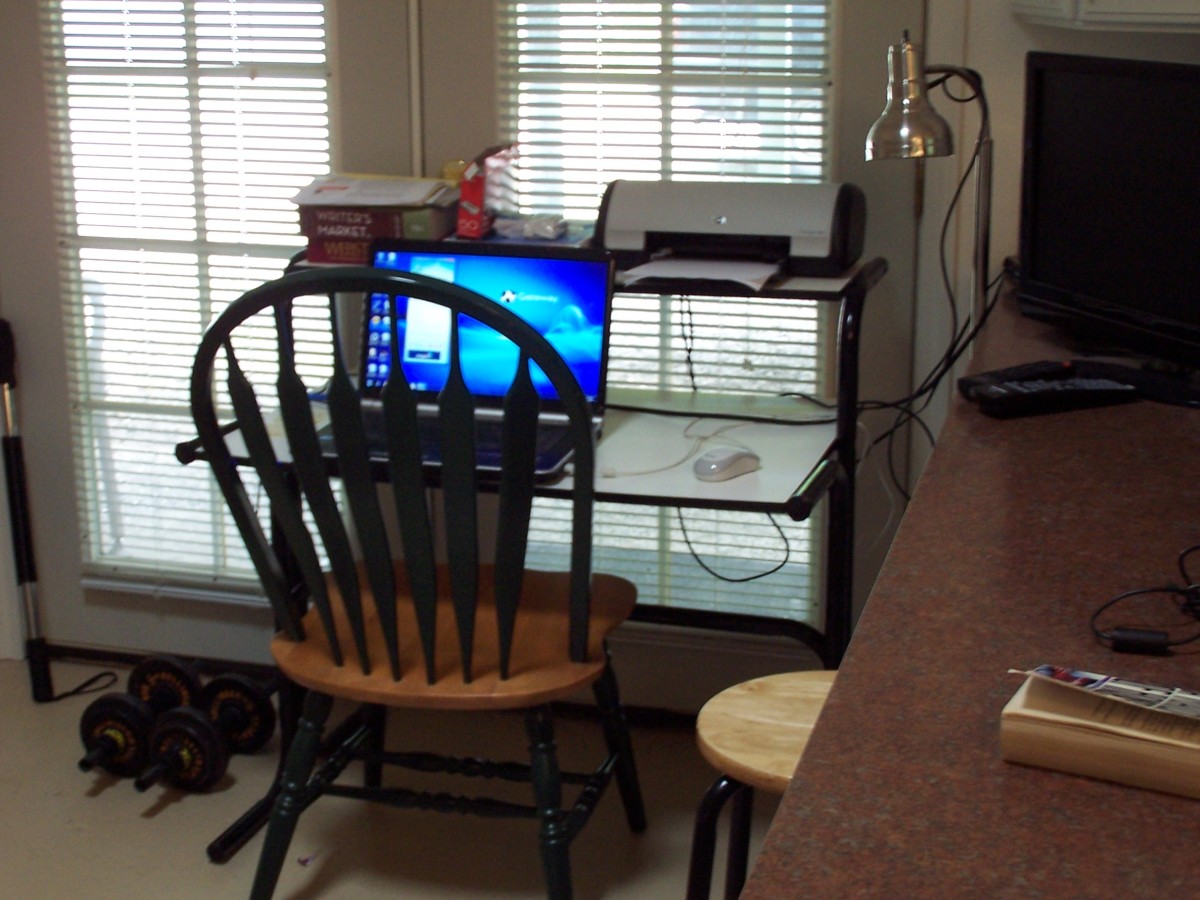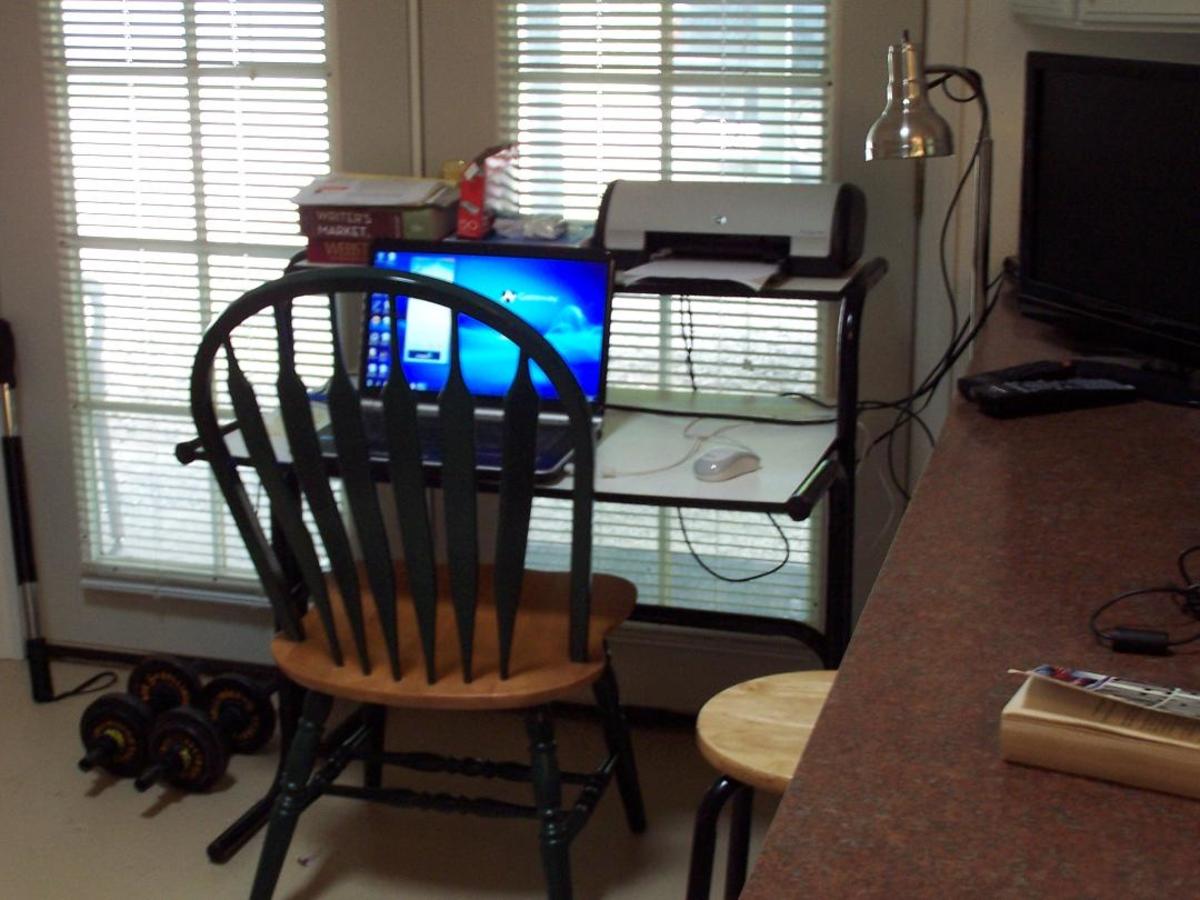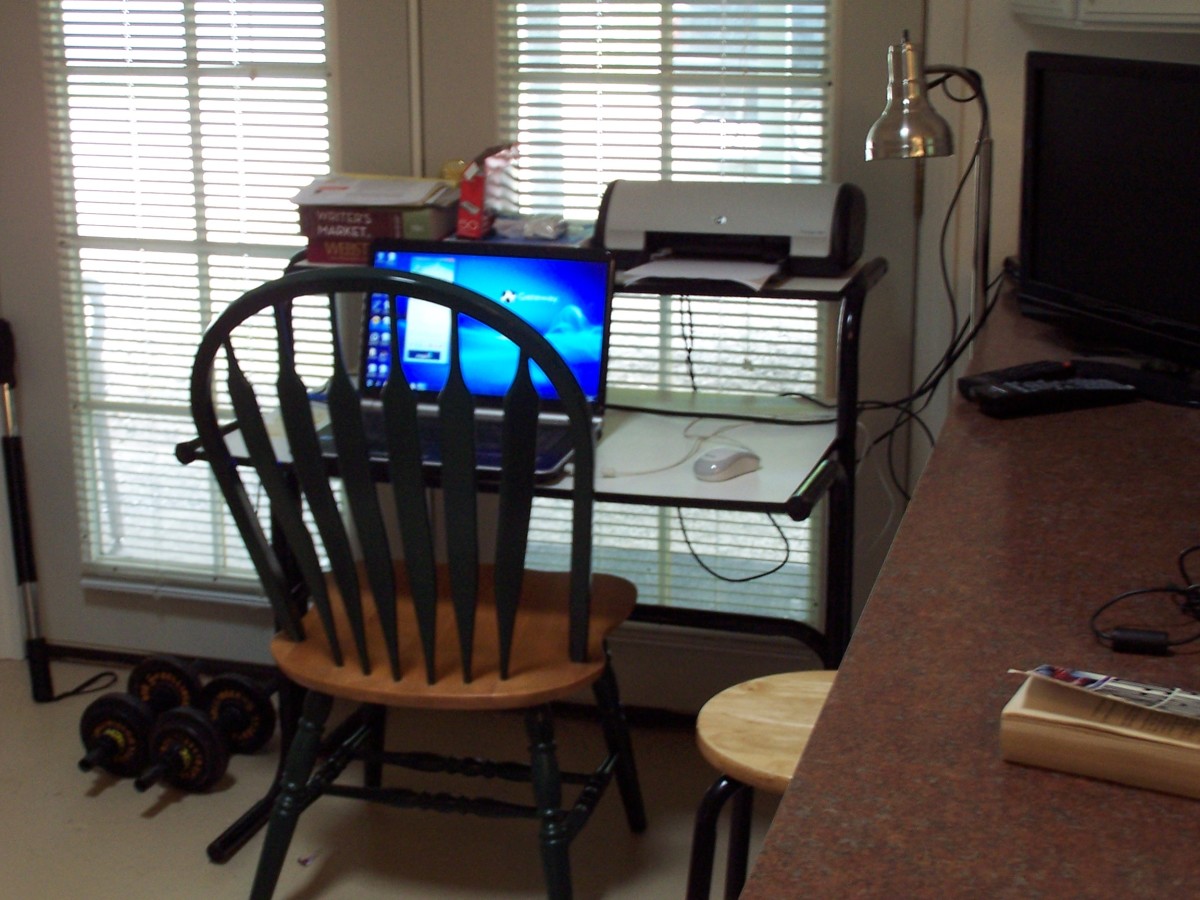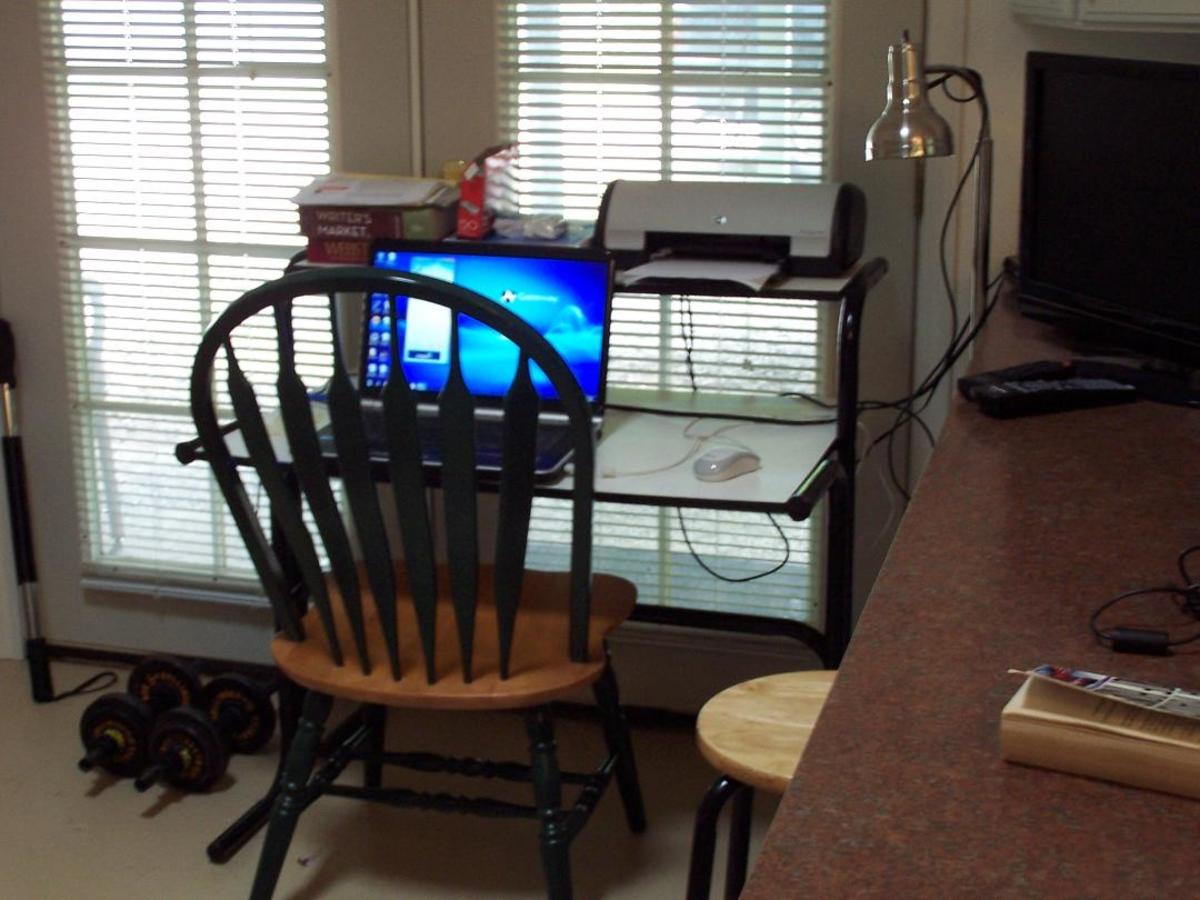The Writer's Mailbag: Installment 163
Halfway Through August
The summer is ending for some of us; for the other half of the world, winter is saying goodbye. And so it goes, the Mail keeps arriving no matter what the month or season, and I find that comforting.
And I find all of you comforting and for that I thank you!
A small bag this week, but no matter; we’ll play the hand we’ve been dealt.
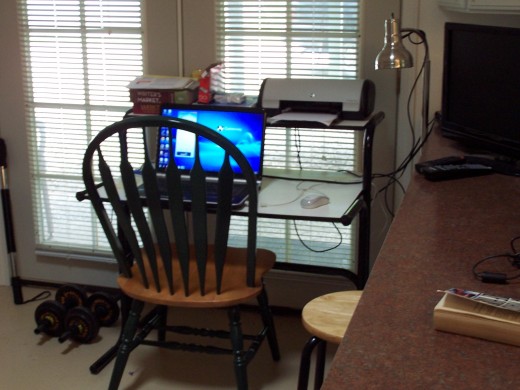
Book Organization
From Ann: “I have fun with the 'Take a word..' series and I just love playing with words. I'm thinking of putting them all together to publish but I don't really know how to go about it. Any suggestions? (for your mailbag?) More to do with getting it published rather than the layout.”
Ann, I’ve always got suggestions. Whether they are any good or not, that is the question.
I love your “take a word” series. As for publishing, I assume you are talking about self-publishing and if so, look no further than CreateSpace. Yes, there are other self-publishing sites, but that’s the one I use exclusively and the reason why is because it is user friendly.
You don’t have to self-publish that way, of course. You can go to some vanity press near you, have them print the book, and then you buy in bulk. I did that for my first book, but you have to have enough money laying around to buy 100 books for the first order . . . a bit pricey!
And then, of course, there are traditional publishers and I say good luck if that’s the way you plan on going. Not “good luck needed” because of your writing abilities, because you are a good writer, but good luck because the odds are so stacked against you, especially for a book you are suggesting which is a bit hard to categorize.
If you are going to use CreateSpace, lay it all out on a Word Doc first. You can adjust the Doc to the size you want the book, and then simply download onto the CreateSpace template when you are ready to publish.
I could go on and on with this; email me for more information/details. I suspect you knew all this already, and your question is about something else entirely, in which case I’m sorry for being dense. At least I’m used to it and comfortable in my denseness. LOL

Children and Writing
From Brenda: “Bill, I want my child to experience the same joy of writing that I experience. She is currently five years old. What would you suggest I do? As a former teacher you must have some suggestions.”
Well good luck with that, Brenda. It’s been my experience that children will usually like the exact opposite of what their parents want them to like.
Here’s the thing, Brenda, and I know you already know this: what you want for your child is pretty far-removed from what will happen. Not everyone has a passion for writing. Not everyone has a passion for roofing or lawyering or doctoring. All you can do is expose your child to different activities and then she will let you know what she is excited about.
So you start with reading. I firmly believe that a love of writing comes, originally, from a love of reading. Spend time each day reading with your daughter. Show her how much you enjoy a good story. Pass on your love of writing to her. Perhaps, when she sees how much you love the written word, she will at least be curious enough to advance with it.
Or not!
Whatever else you do, do not force her to write. That is a sure-fire way to extinguish any burning desire she might have to write.
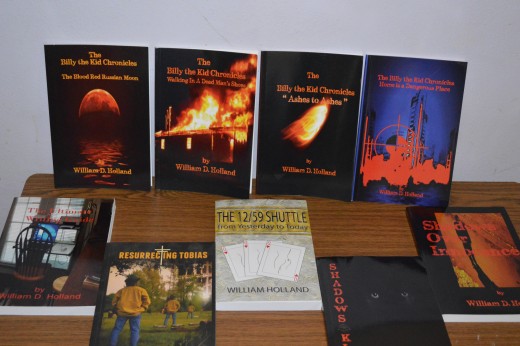
Writing a Mystery Series
From Frank: “I have this mystery series floating around in my brain, but I’m not sure where to start, or how to continue. When writing a series, is there some special way to begin so that there is continuity throughout the series? I know you have a series going currently, and I was wondering if you had some suggestions.”
The first thing I’m going to tell you, Frank, is there are no hard-and-fast rules regarding how to write a series. You’ll hear a lot of suggestions, but those are suggestions based on what has worked best for another writer and not what works best for all writers. Writing is not a one-size-fits-all sort of undertaking, so take my suggestions with a grain of salt.
Yes, continuity is important in a series. The same characters usually appear in each book in the series, so you’ll want those characters to grow throughout the series. With a series planned, you don’t have to spill all about your main characters in the first book; you do, however, have to spill enough to make them interesting and worth re-visiting.
I read a paranormal mystery series a couple years back by a writer named F. Paul Wilson . . .The Repairman Jack Series . . . his handling of that series was remarkable. There must be close to twenty books in that series, and each book builds upon those that came before, all leading towards a grand conclusion. There was foreshadowing throughout all the novels . . . the point I’m making is that his organizational skills were unbelievable. He must have sat down, in the beginning, and concocted the mother of all outlines, encompassing all of those novels, one a stepping stone for the next . . .
So organize, and keep notes while you organize, while you outline, and while you write. It’s a pain in the butt to need a piece of information you included three novels earlier, but not remember what that information was or how to find it in which novel.
Organize!
And last, but not least, make the first book in the series dynamite! It does no good to plan a series if the first book is a dud. Why would anyone read any of the ensuing novels if that first one is a piece of pheasant doo-doo?
U.s. Copyright Office
From Mike: “Hi Bill - Here is a question for another day. What do you think about utilizing the U.S. Copyright office?”
Mike, I’ve never done it and probably never will. Here’s why!
Now admittedly, my knowledge of copyright law is pretty sketchy, but here’s what I know. As of 1989, any book or story written by you is automatically protected under copyright laws. Wonderful, right? But we all know that is a nebulous protection at best. The numbers are too great and the cards are stacked against us. Most of us who write articles have had an article, or ten, stolen by others. Yes, we can file claims, but while we file a claim another five are stolen. Hell, Mike, I could download someone else’s book, self-publish it as my own, and chances are excellent I would never get caught. So despite the legal protection, we really aren’t protected much at all.
The only thing registering with the Copyright Office does is allow us to sue for damages in a court of law, should we have our book stolen, and should the person get caught. If you are lucky enough to have a publisher pick up your book, they will insist that the book be registered with the U.S. Copyright Office for that protection.
The cost? From what I can see, if you do it yourself, you’ll pay $80 for filing fees. A lawyer will do it for you for between $100 and $150.
Bottom line on all of this: good luck with total protection!
THAT’S IT
Not many questions but they were dandies. We might as well shut it down for the week and go do something else. I have some painting to do now that the heat wave has broken, so I best go do it.
Have a great week. Thanks for the questions. Thanks for the following and the friendship. The world is a crazy place right now, but it is a bit less crazy because of your friendship and support. Seriously, thank you. You mean the world to me.
2017 William D. Holland (aka billybuc)
“Helping writers to spread their wings and fly.”

